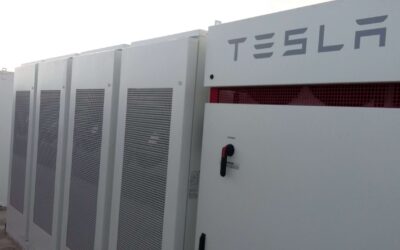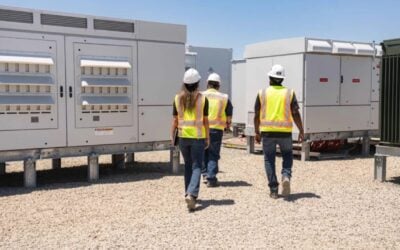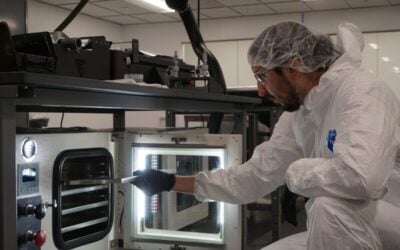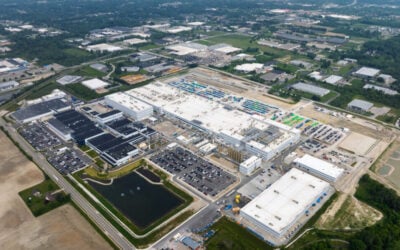
California community choice aggregator MCE and developer Golden State Clean Energy (GSCE) have partnered to work on a solar and storage project in California, the first in a plan to install up 20GW of solar and 20GW of storage.
MCE and GSCE will work on a solar and battery energy storage system (BESS) project as part of a development programme known as the Valley Clean Infrastructure Plan.
Enjoy 12 months of exclusive analysis
- Regular insight and analysis of the industry’s biggest developments
- In-depth interviews with the industry’s leading figures
- Annual digital subscription to the PV Tech Power journal
- Discounts on Solar Media’s portfolio of events, in-person and virtual
The Valley Clean Infrastructure Plan aims to repurpose up to 130,000 acres of drainage-impaired or water-challenged lands in the Westlands Water District in Fresno County. The District is the largest agricultural water district in the US at 614,000 acres, or 2,400 square kilometres, and serves the agricultural sector.
At full buildout, the plan would include up to 20GW of solar and 20GW of energy storage, which, if achieved, would cover one-sixth of California’s electricity requirements in 2035, MCE said.
In the nearer term, MCE and GCSE have entered a memorandum of understanding (MOU) for 200-400MW of solar and BESS. The 200-400MW BESS would be a 4-hour or 8-hour system. That project would help MCE meet existing mid-term and long-term procurement needs, and the utility is aiming for a commercial operation date (COD) in 2028-2030.
GCSE’s Valley Clean Infrastructure Plan would enable family farms to lease land for clean energy projects and increase water efficiency of the overall region, by concentrating water resources on more productive farmland, it said. Land use, and the perceived threat to farmable land that clean energy projects pose, are huge topics in the industry.
MCE will be the first customer in the programme. It could build the project itself or purchase the resources through power purchase agreements (PPAs). The Inflation Reduction Act (IRA) has made direct ownership of clean energy projects more attractive for non-profit co-operative utilities and aggregators like MCE, because they can benefit from tax credits via direct payments from the IRS.
Fresno County, central California, has been the site of numerous large-scale BESS projects. A year ago RWE connected a 548MWh BESS to an existing solar project there, while last month EDP Renewables did the same (albeit at a smaller scale). Last month we also brought you an exclusive update into a 3GW BESS being developed in Fresno County by NextEra Energy Resources (Premium access).






